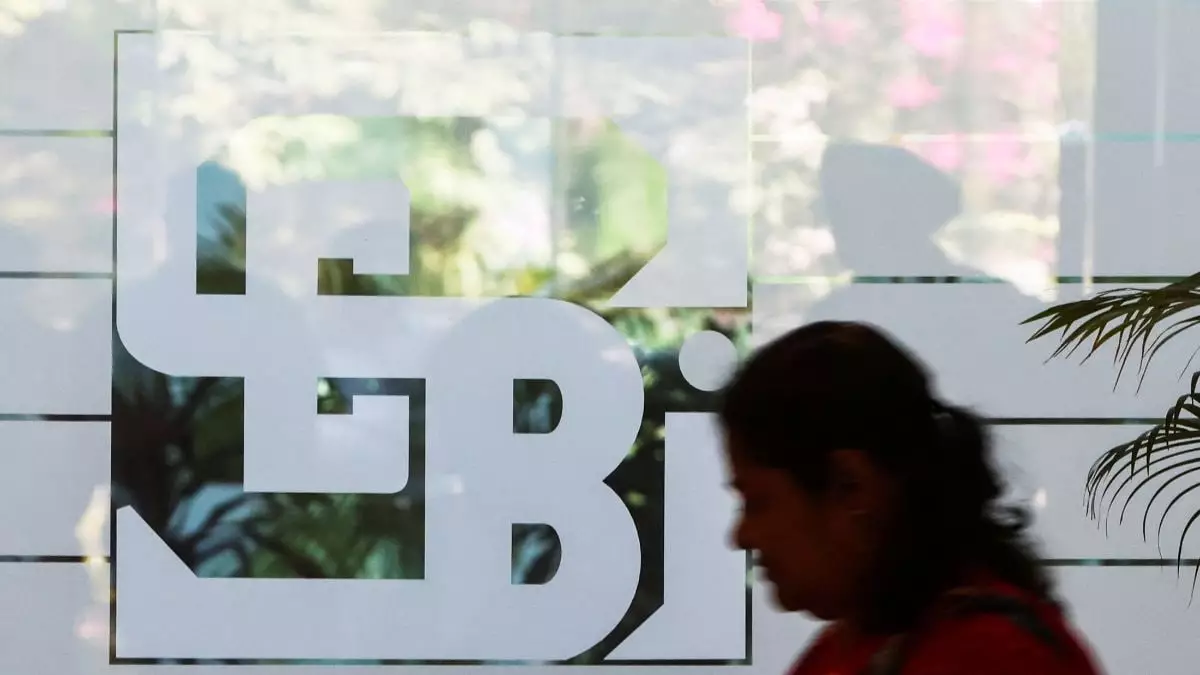The rise of cryptocurrencies has sparked a significant shift in the dynamics of traditional markets worldwide. Madhabi Puri Buch, chairperson of the Securities and Exchange Board of India (SEBI), recently emphasized the need for urgent changes in traditional market practices to maintain their investor base. Buch warned that without prompt adjustments, investors might start looking towards alternatives such as cryptocurrencies.
During an AMFI event, Buch stressed the importance of introducing features like instant settlements and tokenization in traditional markets. She highlighted that these advancements have been long overdue and are essential to compete with the offerings of the crypto world. Buch’s stance underscores the growing competition traditional markets face from the booming cryptocurrency sector, exemplified by Bitcoin trading at record highs and a total market valuation exceeding $2.7 trillion.
In response to the pressing need for innovation, SEBI is planning to introduce a same-day settlement cycle as an optional service starting from March 28. Buch expressed concerns that investors may seek alternative platforms if regulated markets fail to provide services like instant settlement and tokenization. This proactive approach by SEBI reflects a recognition of the changing landscape of the financial markets and the need to adapt to emerging trends.
The explosive growth of the crypto sector, with over 2.2 million cryptocurrencies in circulation and more than 700 crypto exchanges catering to a global audience, poses a challenge to traditional markets. Regulatory developments such as the EU’s MiCA and the G20’s roadmap for oversight of the crypto industry have enhanced investor confidence. The recent approval of multiple Bitcoin ETF proposals in the US has further fueled the demand for digital assets, leading to a bull run in the industry.
While India has shown caution towards cryptocurrencies, with the RBI advocating for a blanket ban, recent moves indicate a more nuanced approach. The inclusion of cryptocurrencies in the national tax regime and participation in G20 initiatives to develop global crypto regulations signal a willingness to engage with this evolving sector. Despite not recognizing cryptocurrencies as legal tender, India allows trading and holding of digital assets, albeit with certain restrictions.
The disruptive force of cryptocurrencies presents both challenges and opportunities for traditional financial markets. As SEBI and other regulatory bodies adapt to the changing landscape, the focus remains on enhancing market competitiveness and safeguarding investor interests. The coexistence of traditional and crypto markets underscores the need for continuous innovation and regulatory clarity to ensure a dynamic and resilient financial ecosystem.


Leave a Reply